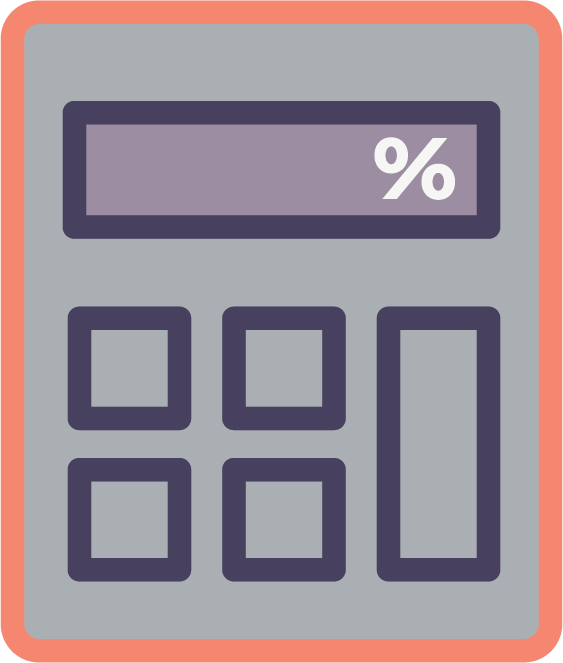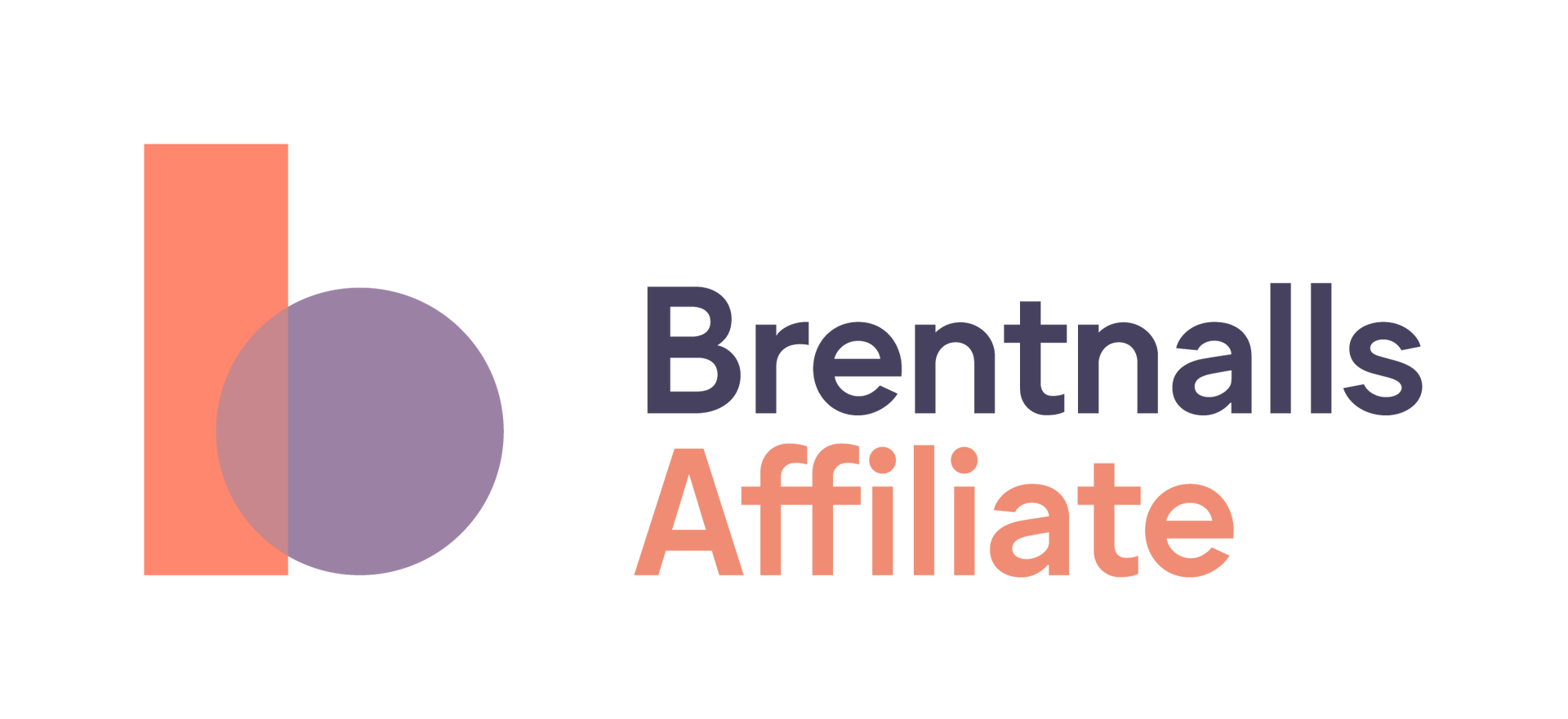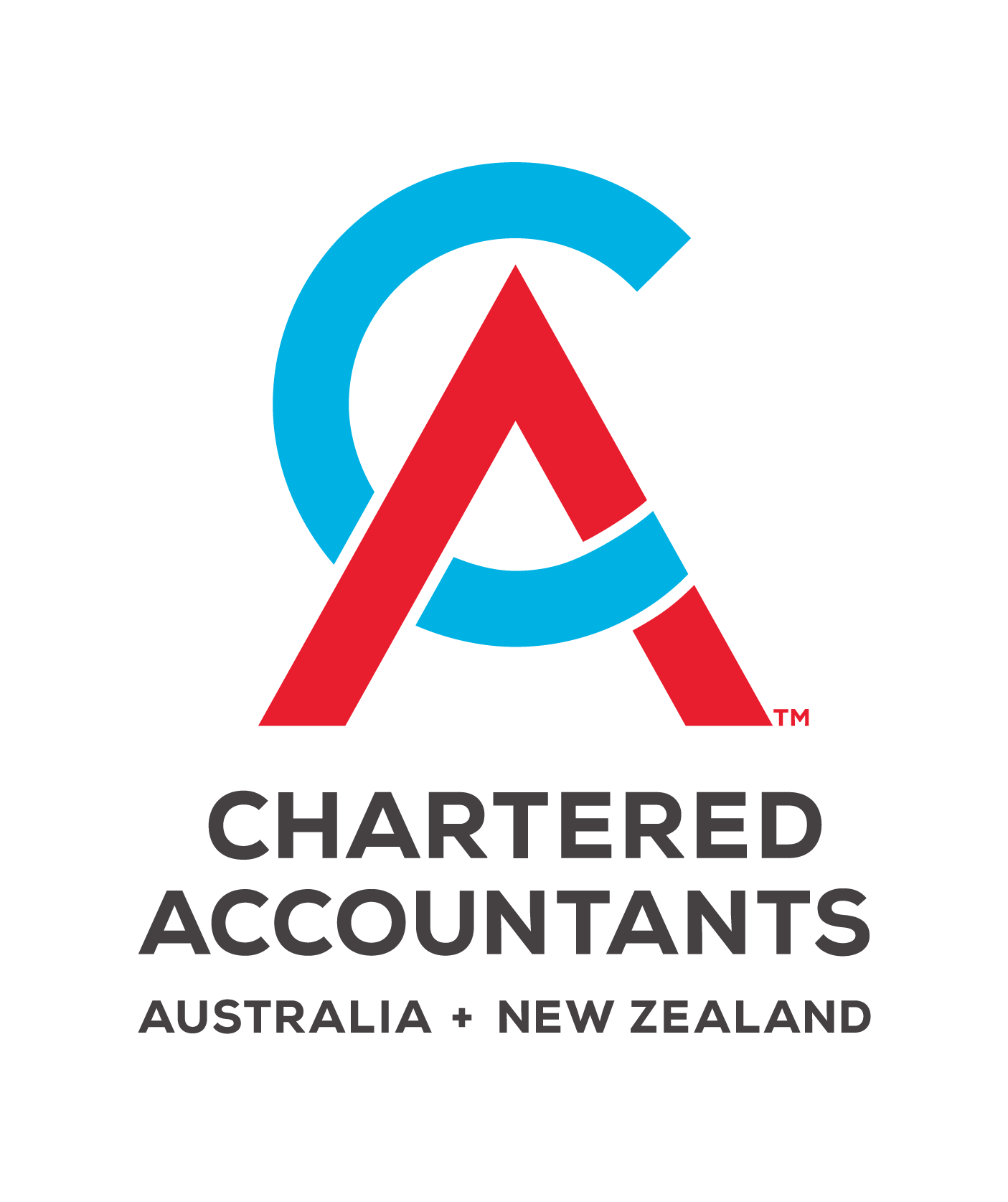News Articles

We spend our working lives trying to increase our superannuation balance which helps us save for our retirement and enjoy the tax concessions superannuation provides. Still, we often forget to consider what happens to our superannuation when we die. More specifically, the tax consequences of this.
What are the tax consequences?
There are two main issues to consider when talking about tax consequences for superannuation on death, they are:
- Non-dependants receiving superannuation proceeds, and
- The split between the taxed, untaxed and tax free elements of the superannuation fund.
If a non-dependant receives superannuation proceeds, the taxed element of those proceeds is taxed at 15% and the untaxed element of those proceeds is taxed at 30%. Non-dependants include your adult children who are no longer financially dependent on you.
What are your superannuation components?
Your superannuation balance generally includes two components, taxed/untaxed and tax-free. The taxed element includes amounts you have claimed as a tax deduction (including employer contributions) when contributing into the superannuation fund and the fund's earnings on these whilst the fund is in accumulation phase. The tax-free component includes contributions which you have not claimed as a tax deduction. The untaxed element includes deductible contributions where, due to the specific rules around that fund, a fund has not paid any tax on the contributions or earnings. Tax-free is the component of contributions, and earnings on these, which was contributed without a tax deduction being claimed.
Pension phase
When the last member of a superannuation fund dies the pension superannuation interest continues in pension phase until the benefits are paid out. This legislation has applied since 1 July 2012. Previous to this legislation a pension was considered to cease on the death of the member. This had tax consequences for the fund when a member passed away such as reduced exempt current pension income and tax on capital gains incurred after death.
These issues are highlighted in the following basic example:
Mum and dad have their self-managed superannuation fund (as detailed in the table below).
| Assets of the Fund | Cost | Market Value |
|---|---|---|
| Land | $1,000,000 | $1,500,000 |
| Listed Securities | $250,000 | $500,000 |
| Total | $1,250,000 | $2,000,000 |
| Components of the Fund | ||
| Taxed Element | $500,000 | |
| Tax Free Element | $1,500,000 | |
| TOTAL | $2,000,000 |
The family farm was transferred into the fund and contributions have been invested into listed securities. Dad has subsequently passed away, leaving his balance to mum. What happens to mum's superannuation when she dies, assuming the proceeds are to go to their non-dependent adult children?
In this scenario there would be a capital gain of $750,000 and tax to pay of $75,000 (assuming that assets are held for greater that 12 months). If Mum has the maximum amount in pension phase at the time of her death ($1.6million) then based on a $2million total fund balance, 80% of the capital gain is not taxable to the fund as it is part of the exempt pension income amount. Tax payable on the capital gain will be $15,000 (20% of the $75,000).
When the taxed element of the fund is paid to the children there will be tax payable of $75,000 (15% of $500,000). Total tax payable in this scenario would be $90,000. Can this tax be avoided? Potentially yes, or at least in part. Strategies such as withdrawal and re-contributions, power of attorney and testamentary trusts can all help lower the tax payable.
Discuss Further?
If you would like to discuss, please get in touch.
Disclaimer
The information provided in this article does not constitute advice. The information is of a general nature only and does not take into account your individual financial situation. It should not be used, relied upon, or treated as a substitute for specific professional advice. We recommend that you contact Brentnalls SA before making any decision to discuss your particular requirements or circumstances.







